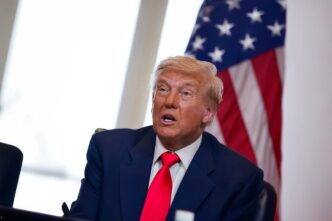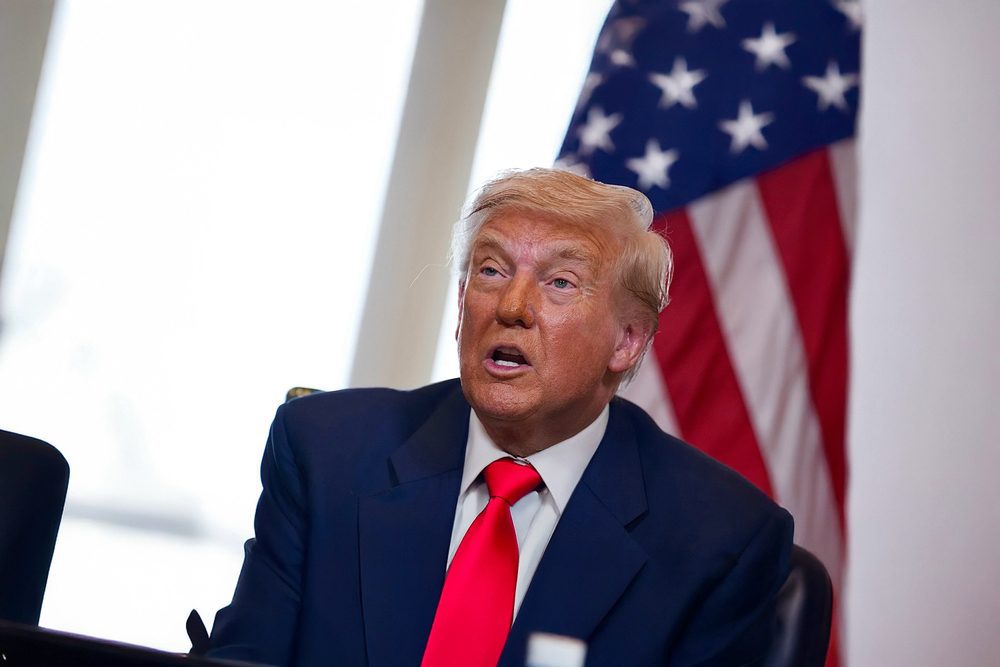Executive Summary
The Story So Far
Why This Matters
Who Thinks What?
European Commission President Ursula von der Leyen recently engaged in discussions with President Donald Trump regarding enhanced economic pressure on Russia. Following their call, von der Leyen announced that the European Union is preparing to propose its 19th package of sanctions, which will specifically target Russia’s cryptocurrency, banking, and energy sectors. The Commission also intends to accelerate the bloc’s existing timeline for phasing out Russian fossil fuel imports.
EU Sanctions and Energy Strategy
President von der Leyen indicated that her conversation with President Trump centered on reinforcing joint efforts to escalate economic pressure on Russia through additional measures. The forthcoming 19th package of sanctions underscores the EU’s continued commitment to leveraging economic tools in response to geopolitical events.
A key component of the new proposals involves an expedited phase-out of Russian fossil imports. The European Union had previously set a target to cease purchases of Russian oil and gas by January 1, 2028. This accelerated timeline reflects a strategic push to reduce reliance on Russian energy sources more rapidly.
Transatlantic Dialogue and Economic Pressure
The United States has consistently urged Europe to take a more assertive role in contributing to efforts to end the conflict in Ukraine. This transatlantic dialogue highlights ongoing coordination and varying perspectives on the most effective strategies for applying economic pressure.
During his call with von der Leyen, President Trump reportedly advised the EU to implement stringent tariffs on India and China, identifying them as the primary purchasers of Russian oil. Additionally, he suggested that the EU should cease its own imports of Russian energy entirely.
Outlook
The proposed 19th sanctions package and the accelerated energy phase-out signify the EU’s proactive steps to intensify economic measures against Russia. These initiatives, discussed in the context of transatlantic cooperation, aim to further impact Russia’s economy while navigating complex global energy and trade dynamics.








